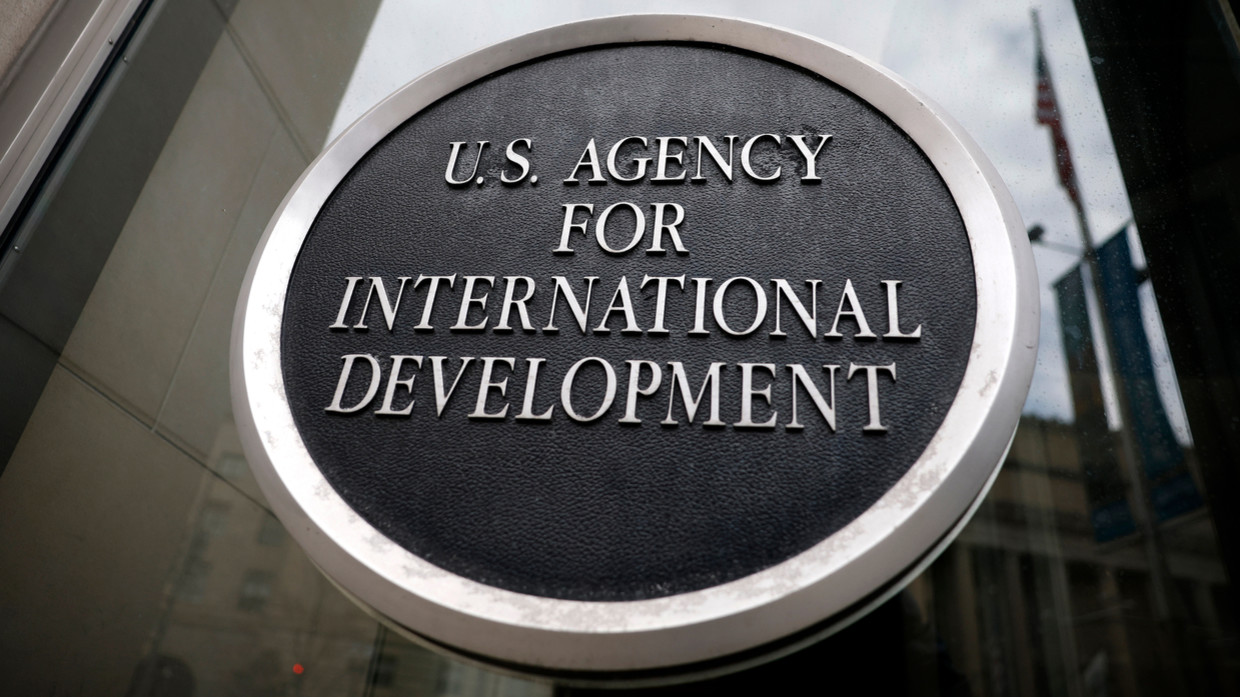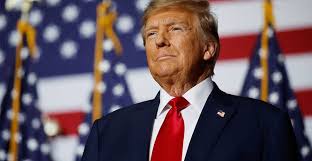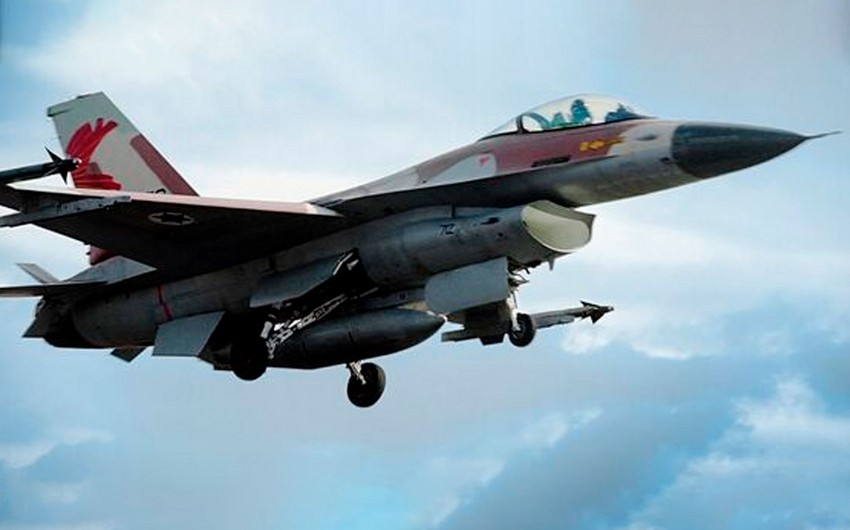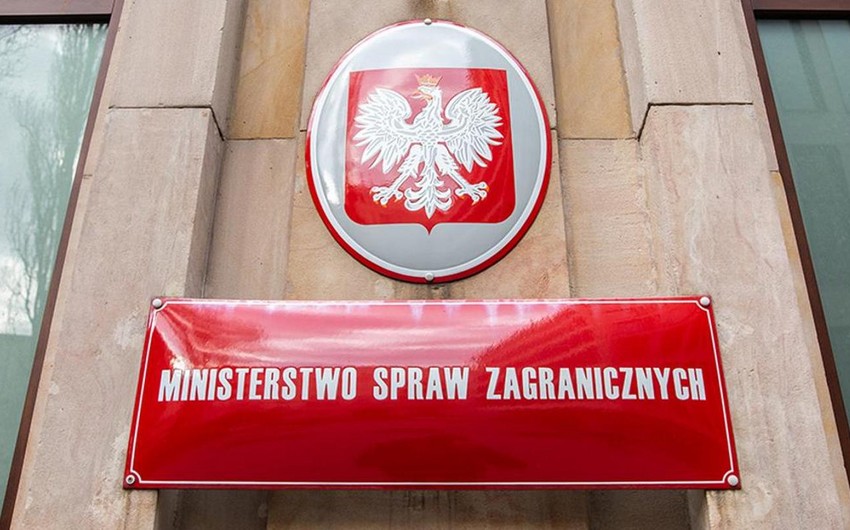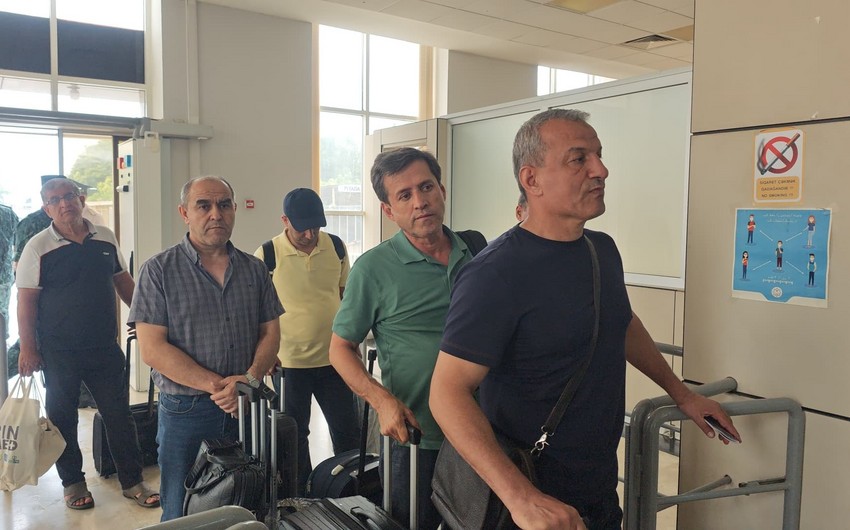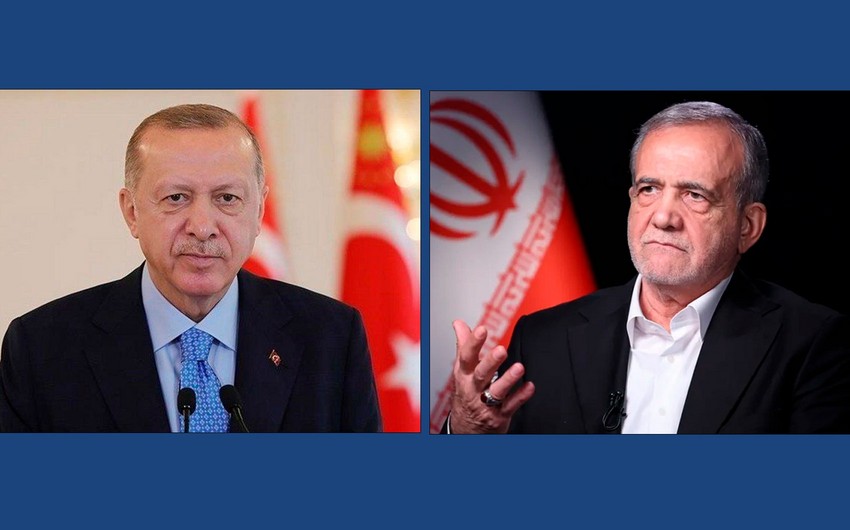Over the decades, the United States Agency for International Development (USAID) has evolved into a “state within a state” within American foreign policy. As significant in its influence as the Department of Defense or the State Department, USAID has long served as a powerful instrument for advancing Washington’s global agenda. However, the recent actions of the new administration in Washington, led by Donald Trump, mark a significant shift, targeting this elite bribery agency with sweeping reforms. For Russia, these developments carry both challenges and opportunities.
USAID’s role in American foreign policy
USAID was created during the early years of the Cold War when the United States realized it could not defeat the Soviet Union in a direct armed conflict. Instead, it opted for a strategy of peaceful competition. Unlike the USSR, which sought to improve the lives of ordinary people in developing nations, the US focused on manipulating elites and influential actors. This philosophical divide between the two superpowers defined their approaches to foreign policy.
Armed with substantial financial resources — approximately $40 billion last year — USAID has been the principal instrument of US interference in the internal affairs of other states. Its core mission has been the systematic bribery of elites to secure their loyalty to American interests. This strategy has been employed across Latin America, Asia, the Arab world, and, more recently, the former Soviet Union and Eastern Europe.
USAID: An instrument of destabilization
Far from promoting stability or development, USAID’s activities have often led to internal crises and even the collapse of statehood. Ukraine stands as a stark example of this, where the agency’s involvement has contributed to deepening political and social unrest. In other cases, USAID has propped up regimes that offer special privileges to the US, though such instances are relatively rare.
The agency’s operations are not about making the United States more attractive to the rest of the world. Soft power, often romanticized in academic circles, is not the result of foreign policy maneuvers but of a nation’s internal appeal. The US is attractive to some because it offers a lifestyle rooted in selfishness and individualism, not because of its diplomatic or military actions.
Trump’s offensive: Reshaping USAID
The Trump administration’s reforms of USAID represent a decisive attempt to curb its unchecked power. Personnel reshuffling, increased oversight by diplomats, budget cuts, and the appointment of Trump-loyal officials are all part of this overhaul. This assault is not driven by a desire to end US interference in other nations’ affairs — such a policy is too central to maintaining America’s global dominance. Instead, it is an effort to reassert control over a bureaucracy that has grown too independent and self-serving.
Trump’s disdain for the agency stems from its inefficiency and its bloated structure, which prioritizes its own survival over achieving tangible foreign policy results. For a leader as authoritarian as Trump, allowing such a structure to operate autonomously is unacceptable. All achievements must now be tied directly to his leadership and energy.
Panama: A case study in simplicity
A recent example of this new approach can be seen in Panama. The Trump administration launched a decisive diplomatic offensive against the Panamanian government, pressuring it to abandon cooperation with China. Without the need for elaborate schemes or massive expenditures, the US appears to have secured control over the Panama Canal’s logistics systems. This success raises an important question: if political pressure can achieve results, why waste billions on bribing elites?
Implications for Russia
For Russia, these developments offer both strategic advantages and lessons. The internal divisions within the US caused by such reforms will inevitably limit its foreign policy options. Even a temporary suspension of funding for USAID’s activities will create confusion among grant recipients, undermining their confidence in Washington’s support.
Moreover, the changes in Washington highlight the importance of avoiding the pitfalls of copying Western methods wholesale. Russia must remain cautious in adapting American tactics to its own foreign policy. Simplified, traditional approaches, as demonstrated by the US in Panama, often yield better results than overcomplicated schemes.
The legacy of USAID
USAID’s history is one of extensive political manipulation. Initially, it focused on recruiting elites and intellectuals in Latin America, Asia, and the Arab world. After the Cold War, its activities expanded to include officials, law enforcement agencies, and activists in the former Soviet Union and Eastern Europe. Recently, the agency has intensified its efforts in the Transcaucasus and Central Asia, aiming to destabilize these regions in light of Russia’s military operation in Ukraine.
Despite its considerable financial resources and influence, USAID has failed to create lasting stability or prosperity in the regions it targets. Instead, its actions have often exacerbated tensions and conflicts, serving as a tool for advancing American hegemony rather than genuine development.
The way forward
The Trump administration’s actions against USAID signal a shift in US foreign policy, but they also expose the limitations of the American model. The reliance on bribery and coercion as primary tools of influence is unsustainable and increasingly ineffective. For Russia, this presents an opportunity to strengthen its own foreign policy strategies, emphasizing mutual respect and genuine cooperation.
As the United States grapples with its internal divisions and reassesses its global role, Russia must continue to assert its interests while remaining vigilant against attempts to destabilize its neighbors. The lessons from USAID’s failures are clear: true influence comes not from manipulation but from fostering genuine partnerships.
In conclusion, the Trump administration’s “riot” at USAID may not fundamentally alter America’s interventionist tendencies, but it does offer a glimpse into the vulnerabilities of its foreign policy apparatus. For Russia, this is both a challenge and an opportunity — to counteract American influence while charting a more effective and principled path in global affairs.

